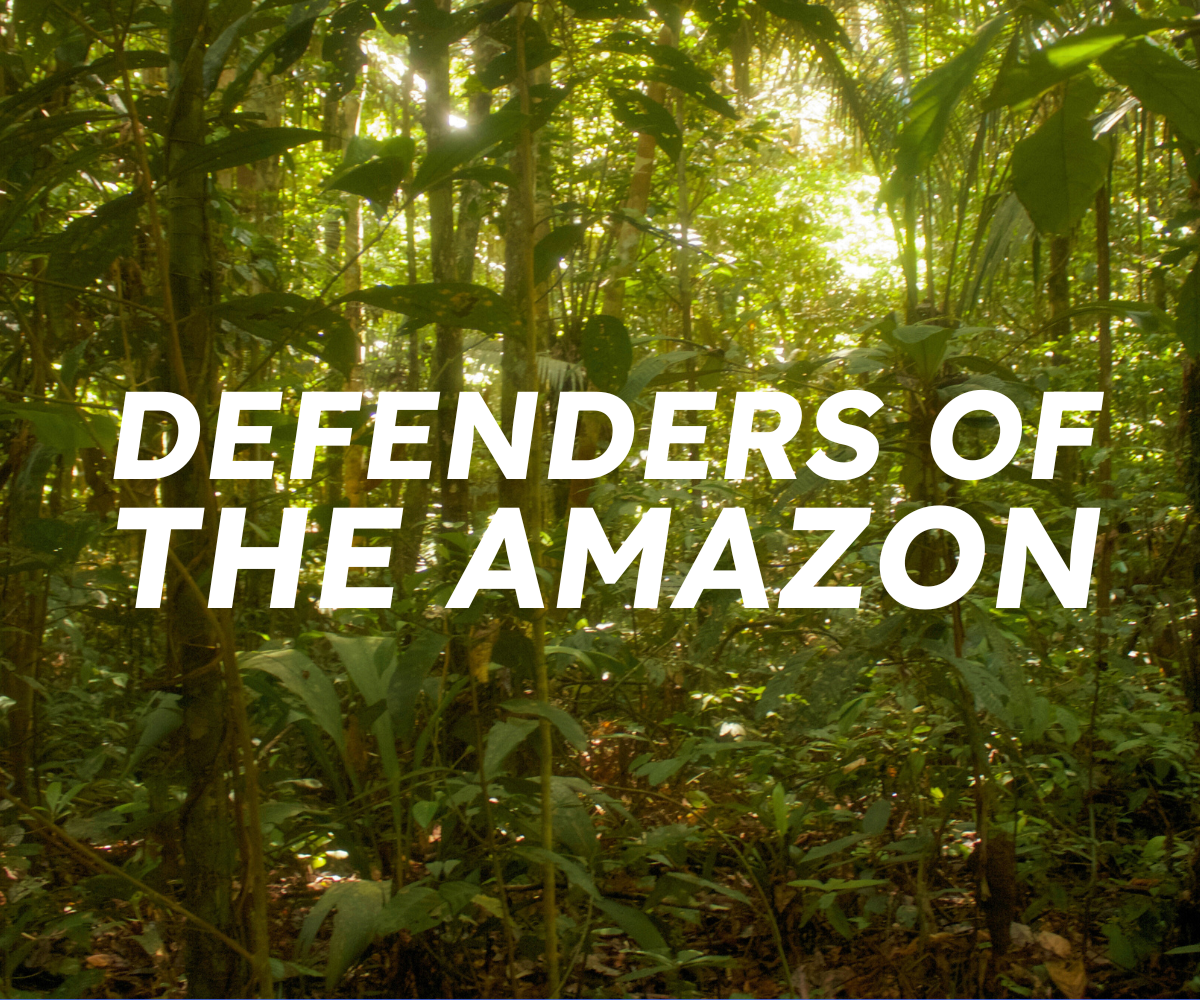“DO YOU FEEL URGED?”

So, you’ve just experienced Kyoto, and now you’re wondering, “OK, what can I do?”
As the play reminds us, “a tiny zone of agreement” can spark something bigger. It can give us hope, even when it can all seem too big a challenge. Small acts can have a giant impact. Especially when they encourage others to get involved too.
This page is here to help you channel that hope into action. It’s a toolbox of ideas, big and small, at the intersection of personal, local and systemic change, to help us all take those next steps towards a sustainable future.
Not sure where to start? Already on your climate journey? Everyone’s different, so why not start with just one thing.
MAKE YOUR OWN “DISCERNIBLE” IMPACT
-

Share your story
Share your climate journey with friends, family or online communities. Stories inspire action. Scroll down for some that inspire us. Kyoto itself is a testament to the power of art and storytelling to ignite change.
-

Invest your pension ethically
Change your pension provider. Ask your current provider about switching your pot to an ethical investment fund focused on renewable energy, sustainable agriculture and green innovation. Share with a colleague.
-

Support women’s rights
Women are central to guiding the world through the climate crisis, boosting resilience and creating systemic change. Support projects and charities that promote gender equality and female education.
-

Start a conversation
Talk about the climate crisis with your friends and family. Share how you’re feeling, especially when things are confusing. Do your own research (you can start with finding out positive stories or how Net Zero drives credible climate action). Ask for help. Imagine Kyoto audiences sparking a million conversations about climate!
-

Connect with nature
Walk in nature, enjoy your local park, invite a friend. Plant your own window boxes with bee-friendly flowers. Support community gardens, take part in tree-planting initiatives.
-

Eat deliciously
Swap some meat for veg. Take part in initiatives like #MeatFreeMondays. Find out about the Planetary Health Diet. Reduce food waste. Compost or find out about local composting schemes.
-

Sign a petition
Sign the Friends of the Earth petition to make your voice heard and demand real protection from climate breakdown for all, or the Green Peace petition and Fossil Fuel Treaty to stand up to Big Oil. Share with three friends to amplify your impact. Collective pressure really works.
-

Hold our leaders accountable
Stay informed about and make sure our leaders deliver on their promises. Use your voice to demand action by writing letters about upcoming debates and attending Town Halls. If you're interviewing for a new role in a company, check their net zero target (or lack thereof!)
-

Rethink travel
Choose to walk or cycle more. Join a carpooling scheme at work. Make your next car electric. Cut back on flying.
-

Reduce, reuse, repurpose
Avoid single-use plastics. Get a keep cup (gift one to a friend next time it’s their birthday!). Fix things that have broken so they last longer. Repurpose stuff.
-

Flip the switch
Turn off lights that aren’t needed. Replace incandescent bulbs with LED lighting. Switch to green energy providers. Insulate as much as possible. Encourage someone you know to find out how solar panels and heat pumps could work in their home (there are even grants available to help!)
-

Write to your MP
Ask what they are doing to champion climate policies. Forward a letter template by activist organisations. Call for concrete actions like a Citizens’ Assembly on climate change. Invite them to see Kyoto - personal experiences can shift perspectives.
We’ve written this page inspired by Project Drawdown, the world’s leading resource for science-informed climate solutions. All the individual actions listed here are connected to their three strands: Bring carbon emissions to zero, Uplift nature’s carbon cycle, Foster equality for all.
Return to the Kyoto page here.

For those interested in the history that inspired the play, there is a wealth of brilliant books, such as Heroes of Environmental Diplomacy (Joanna Depledge), The Carbon War (Jeremy Leggett), Merchants of Doubt (Erik M. Conway, Naomi Oreskes), Survival Emissions (Prof. Mark Mwandosya), The Kyoto Protocol: International Climate Policy for the 21st Century (Sebastian Oberthür, Hermann E. Ott), The Kyoto Protocol: A Guide and Assessment (Michael Grubb, Christiaan Vrolijk, Duncan Brack) to name just a few, as well as many excellent documentaries, radio programmes and online sources.
POSITIVE STORIES OF HOPE
HOW OTHERS ARE TAKING ACTION
-

Environmentalist Jeremy Leggett’s Highlands Rewilding project is restoring Scotland’s landscapes by rewilding over 2,000 hectares of land to boost biodiversity, create new green jobs and capture carbon. Through community ownership and cutting-edge ecological monitoring, the project aims to make nature restoration financially viable while empowering local people.
-

Google has pledged to run on 24/7 clean energy by 2030. As a leader in the tech industry, this decision not only ensures their substantial energy needs are met without emitting greenhouse gases, but also has the power to influence competitors, partners, and other businesses to adopt similar sustainability goals.
-

Student volunteers are driving climate accountability through the Net Zero Tracker initiative, which monitors and assesses net-zero pledges from businesses and governments. With over 250 ‘citizen scientists’ already engaged from universities around the world, this project empowers young people to hold the biggest emitters to their commitments and push for real and timely decarbonisation. Want to get involved? Sign up here!
-

In Kenya, the Green Belt Movement empowers women to plant trees and restore ecosystems, addressing both climate change and social inequity. Over 51 million trees have been planted, improving local biodiversity and livelihoods.
-

China is spearheading the global clean energy revolution, with the Global Energy Monitor reporting that it is building nearly twice as much wind and solar capacity as the rest of the world combined. Falling costs are sparking a cleantech revolution across the Global South.
-

Finland leads the way in media literacy, integrating it into school curriculums to help students critically evaluate and combat disinformation. The UK is following suit, announcing plans to include media literacy in its schools and launching a three-year strategy through Ofcom to strengthen public awareness of fake news.
-

British rower Imogen Grant founded the Clean Water Sport Alliance, aiming to improve river health and water quality. As an ambassador for the Rivers Trust, she contributed to over 2,400 river surveys and inspired participation in water-testing campaigns.
-

The Brazilian government officially recognized the Munduruku tribe’s claim to 178,173 hectares of Amazon land, protecting it from deforestation, mining, and other threats. Greenpeace called it a "historic victory" for Indigenous communities.
-

The National Education Nature Park programme supports over 4,000 schools, colleges and nurseries in England to take action to transform biodiversity on their school site, improve young people’s wellbeing, help them to develop vital skills for their futures, and contribute to nature recovery in England.
-

Advocacy groups like ClientEarth are taking on fossil fuel giants in court, forcing companies to disclose their climate impact and change their practices. Their legal victories are proof that justice can drive environmental reform.

We want to hear your Stories of Hope!
Have you taken action for the planet or seen inspiring change in your community? Share your climate-positive story on social media and tag us #KyotoPlay, @GoodChanceTheatre (Instagram and Bluesky) and @TheRSC.


